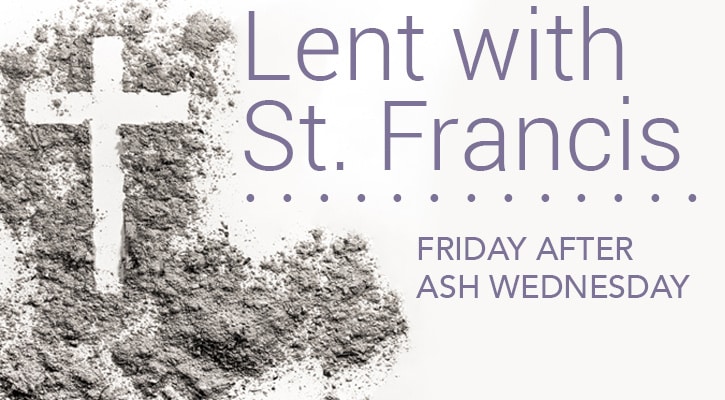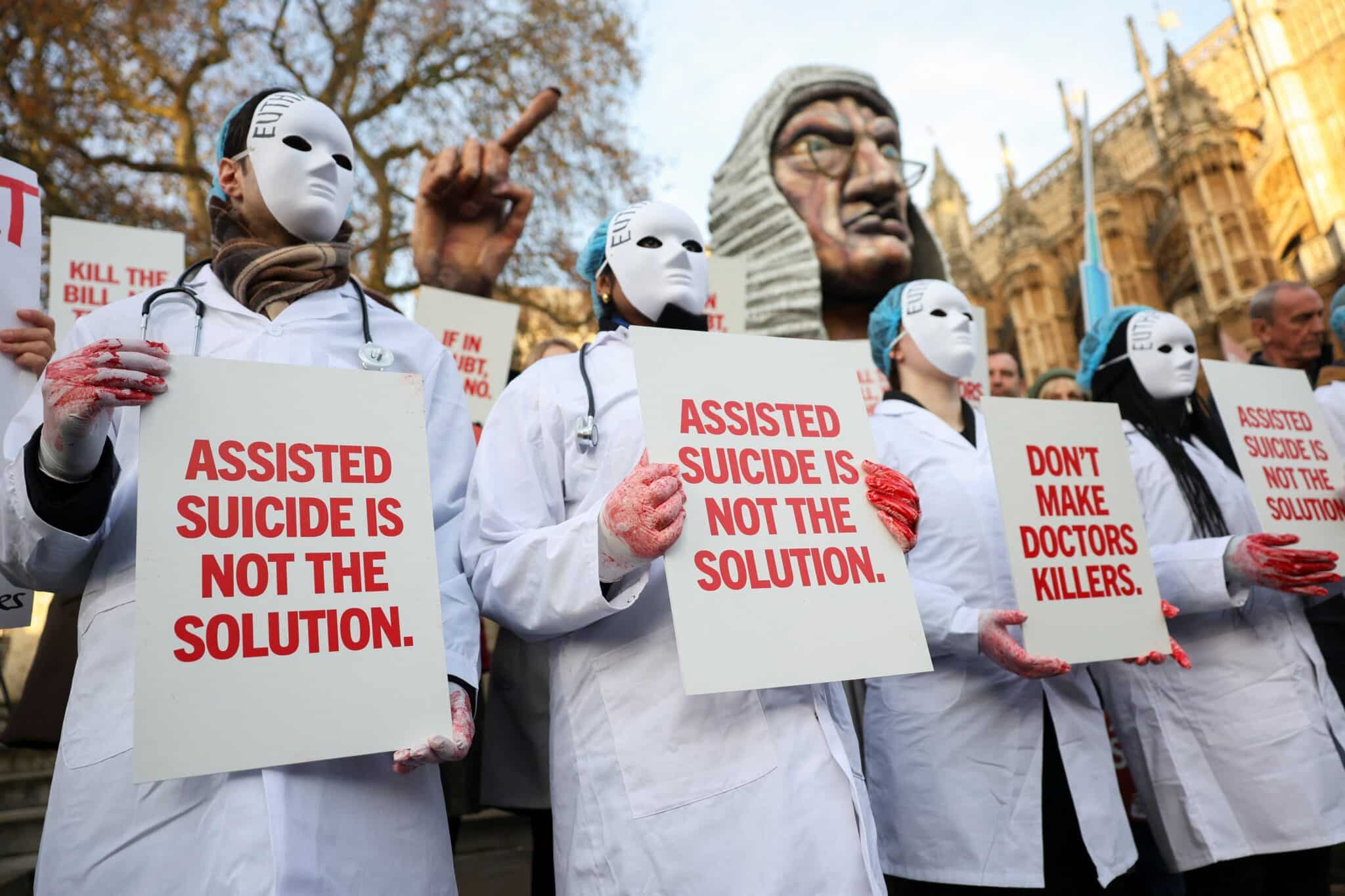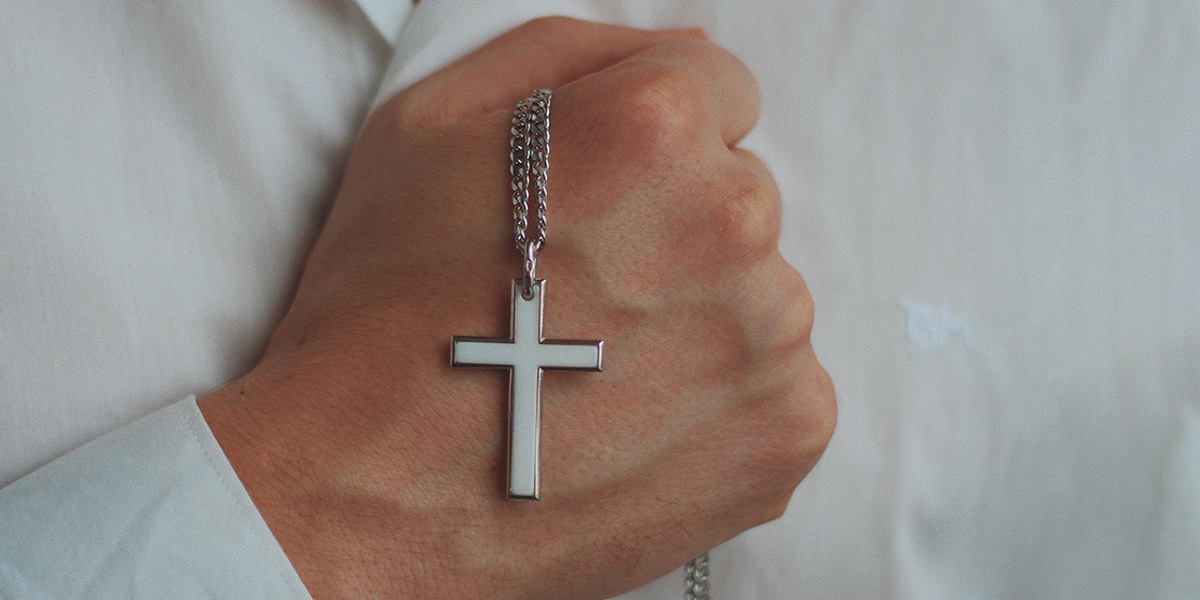Friday After Ash Wednesday
Isaiah 58:1–9a;
Psalm 51:3–4, 5–6ab, 18–19;
Matthew 9:14–15
Is not this the fast that I choose:
to loose the bonds of injustice,
to undo the thongs of the yoke,
to let the oppressed go free,
and to break every yoke?
Is it not to share your bread with the hungry,
and bring the homeless poor into your house.
—Isaiah 58:6–7
An early follower of St. Francis was not able to sustain the extreme fasting that Francis himself practiced. Rather than shaming the man, Francis broke his own fast so that his hungry brother could eat.
He commanded the table to be set, though it was filled with poor things, and, as is often the case, where wine was lacking water took its place. First he himself began to eat, and then he invited the rest of the brothers to share this duty of charity, lest that brother should waste away from shame.… He said that to deprive the body indiscreetly of what it needs was a sin just the same as it is a sin to give it superfluous things at the prompting of gluttony. And he added: “Know, dearest brothers, that what I have done in eating, I have done by dispensation, not by desire, because fraternal charity commanded it.”
Religious practices can never become more important than the end to which they lead: love of God and love of neighbor. Jesus makes this point again and again in the Gospels. It’s a good lesson at the beginning of Lent. What we do for Lent is far less important than why we do it. The time-honored traditions of prayer, fasting, and almsgiving are less to benefit us than to draw us closer to God and improve the lives of those around us.
Prayer
Almighty, most high and supreme God, Father, holy
and just, Lord, King of heaven and earth, we give you
thanks for yourself. Of your own holy will you created
all things spiritual and physical, made us in your own
image and likeness, and gave us a place in paradise,
through your only Son, in the Holy Spirit. Amen.








